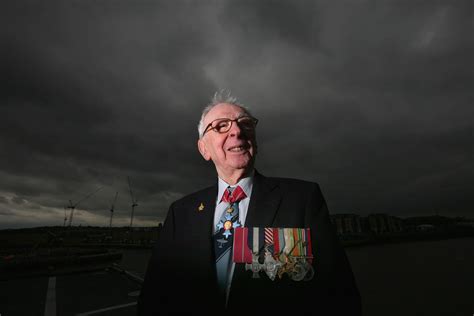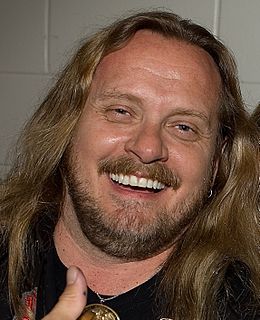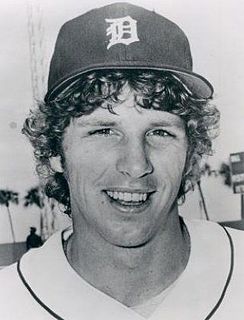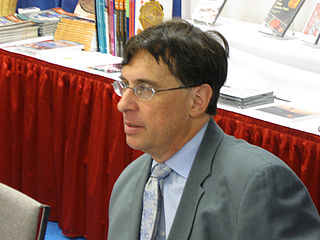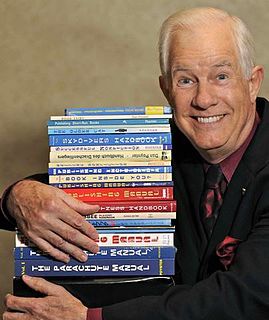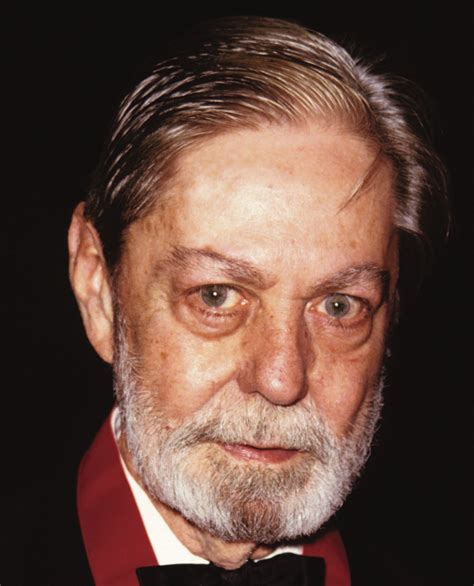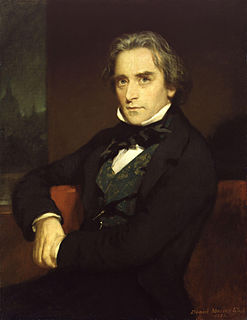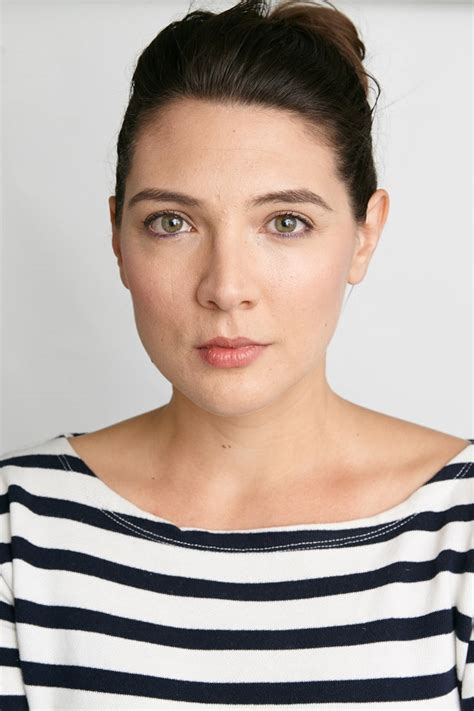Top 1200 Writing A Book Quotes & Sayings - Page 6
Explore popular Writing A Book quotes.
Last updated on April 21, 2025.
Every book takes me from 35 to 41 days to write. I don't know why that is. I've tried to get it down to 30 or 31, depending on the length of the month, but it won't work. I don't drink while I'm writing because it fuddles my logical processes, but when I finish a book I go down to the kitchen and pour myself a big belt.
Lifes That Way was an extraordinarily difficult book to write, because it wasnt written as a book. It was written as a journal of events that were happening as I wrote it, without the space or time either to digest or analyze those events and without the hindsight and peace that writing in the aftermath would have provided.
My father probably taught me everything I know, aside from dialogue, which I think I get from my mom a lot more. He certainly didn't teach me everything he knew, but you know he has got this book out called "The Spooky Art," which is essentially an advanced book on writing and it's not... You know it's not ABC, but it's for people who feel that bug and know that they're writers and are willing to put in that time alone. Pretty much the vast majority of what he taught me you can find in that book.
I was writing novels at eight. It was a science fiction epic, which went by the unimprovable title of 'Another Kind of Warrior.' I'd write it beginning to end, but when I'd finished it, I was another year older. The quality of writing and thought changed radically, so I'd start it again. I re-wrote that same book until I was 16.
Attacking bad books is not only a waste of time but also bad for the character. If I find a book really bad, the only interest I can derive from writing about it has to come from myself, from such display of intelligence, wit and malice as I can contrive. One cannot review a bad book without showing off.
You have to find a way of shutting the future out and focusing on the writing. One of the problems I'll have with writing my second book is getting back into a situation where I think about the words on the page rather than the publishing industry, or success, or any kind of readership I may now have. I'll have to do what writers do, which is focus on the story and nothing else.
Authors have a greater right than any copyright, though it is generally unacknowledged or disregarded. They have a right to the reader's civility. There are favorable hours for reading a book, as for writing it, and to these the author has a claim. Yet many people think that when they buy a book they buy with it the right to abuse the author.
Writing prejudicial, off-putting reviews is a precise exercise in applied black magic. The reviewer can draw free-floating disagreeable associations to a book by implying that the book is completely unimportant without saying exactly why, and carefully avoiding any clear images that could capture the reader's full attention.
As crime writers, we put these characters, year after year, book after book, through the most horrendous trauma, dealing with grief and death and loss and violence. We can't pretend that these things don't affect these characters; they have to. If they don't, then you're essentially writing cartoons.
I have taken as much as six years to prepare a book for writing. There is such a delirium of effort in the production of a book; it's like childbirth. And, like childbirth, one forgets the pains immediately so that when you come to write another one you dare to take it up again. Some precious anesthesia sees you through.
I didn't quite know whether I was writing for the non-Muslim or the Muslim, and at the end of the day I'm writing, I hope, for people who are interested, whatever their faith. Even if they don't have any faith. As a barrister I had certain advantages - I could think like a lawyer and I knew how all the laws were fitted together and all the rest of it. One of the things I realized pretty early on while I was writing book about Shari'a was that that was as much a hinderance as it was a help because the Shari'a isn't just a system of rules.
For me, the goal is always to write a novel that I myself would like to read. People frequently ask me what my favorite book is, and in effect, there's always a capital-F Favorite, capital-B Book that I would like to write myself someday. I try to go for that ideal of writing the best, most entertaining, most beautifully written book that I possibly can.
This book reminds me of James Gleick's Chaos. The ideas and stories in Loving and Hating Mathematics are timely, interesting, and sometimes even profound. The authors, writing for nonspecialists, take pains to explain technical ideas in nontechnical language, and the book should interest general readers as well as a large mathematical audience.
'Life's That Way' was an extraordinarily difficult book to write, because it wasn't written as a book. It was written as a journal of events that were happening as I wrote it, without the space or time either to digest or analyze those events and without the hindsight and peace that writing in the aftermath would have provided.
People ask me if I ever thought of writing a children's book. I say, 'If I had a serious brain injury I might well write a children's book', but otherwise the idea of being conscious of who you're directing the story to is anathema to me, because, in my view, fiction is freedom and any restraints on that are intolerable.
An astonishing book. In compelling language, both homely and elegant, Young Men and Fire miraculously combines a fascinating primer on fires and firefighting, a powerful, breathtakingly real reconstruction of a tragedy, and a meditation on writing, grief and human character.... Maclean's last book will stir your heart and haunt your memory.
In the course of writing a book I'll produce loads of pieces of paper to help the novel itself. Diagrams, charts, family trees. And at the end of each book I'll pack it all away. It takes me a while to do it - it's like a relationship that way; there's a period of letting - go, of grief, in a way - but then I box it up, label it, and put it in the attic.
Anybody who likes writing a book is an idiot. Because it's impossible; it's like having a homework assignment every stinking day until it's done. And by the time you get it in, it's done and you're sitting there reading it, and you realize the 12,000 things you didn't do. I mean, writing isn't fun. It's never been fun.
We often compare the experience of writing a book to that of playing God. It is up to us, and only us, to determine what happens to the people we invent. It is for us alone to determine what is good and bad, just and unjust, appropriate and inappropriate for the worlds we create. I love that about writing books.









